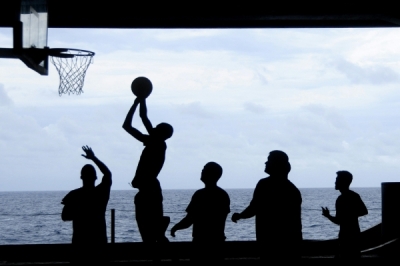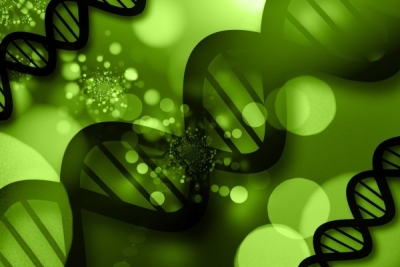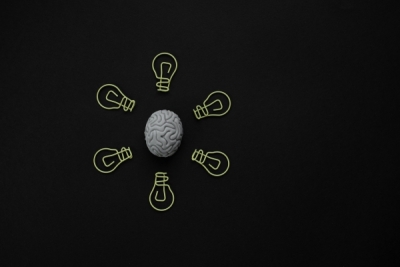Not everyone knows what to eat or drink after physical activity, but drinking alcohol is definitely not a good idea. The post-workout is a very important stage of completing the exercise because, upon completion, the body has some specific needs that are met through food, supplementation, rest, stretching and hydration.
Among the numerous and complex mechanisms by which alcohol affects our body, it is already known that alcohol intake can impair muscle recovery after physical activity (1). Studies indicate that drinking can lead to a decrease in the use of glucose and amino acids by the muscles, interfering with the deposit of energy and metabolism during exercise. In addition, alcohol has inflammatory properties that can impair nutrient availability and decrease growth hormone secretion (1).
The main focus of the post-training period (between 1h and 8h after the activity) is to improve the physiological processes, in order to revert the decompensation in the body homeostasis caused by the exercise and to promote better adaptations to the training (2). Thus, nutritional strategies are generally recommended with the aim of maximizing muscle recovery and therefore include protein intake to increase protein synthesis rates and carbohydrates to replenish glycogen stores (2).
A review (3) of the scientific literature showed that alcohol consumption after resistance exercise did not seem to interfere with metabolic recovery after training. However, the same study reported that cortisol levels may increase and testosterone levels and muscle protein synthesis rates may decrease, indicating that long-term muscle adaptations may be impaired if alcohol consumption during recovery is frequent.
Another study (4) conducted with physically active men showed the effects of alcohol intake on muscle protein synthesis rates after a sequence of resistance exercises. Immediately and four hours after the exercises, the participants ingested supplements based on proteins or carbohydrates, or alcohol or the same supplements with alcohol. As a result, the researchers reported that the blood alcohol concentration of these individuals remained elevated throughout the recovery period (8 hours). Furthermore, the study showed that alcohol consumption can reduce the rate of muscle synthesis by 37%, even when co-ingested with a protein supplement. That is, alcohol intake can suppress the anabolic response in skeletal muscle (muscle reconstruction process) and therefore impair recovery and adaptation to training and/or subsequent performance.
It is important to remember that, from its intake to its elimination, alcohol goes through different stages of metabolism within the body. When ingested, alcohol is absorbed primarily by the stomach, to a lesser extent, and by the small intestine, for the most part. Thus, when consuming alcohol with other foods, there is a delay in gastric emptying and, therefore, a reduction in the speed of absorption, as well as its concentration in the blood (5). Therefore, after training, it is important to hydrate and eat before ingesting any alcoholic beverage, as the intestinal absorption of alcohol tends to be lower with a full stomach. Finally, talking to a nutritionist is essential for drawing up a food plan and indicating good supplements, if necessary, that meet your body's needs and your goals.











